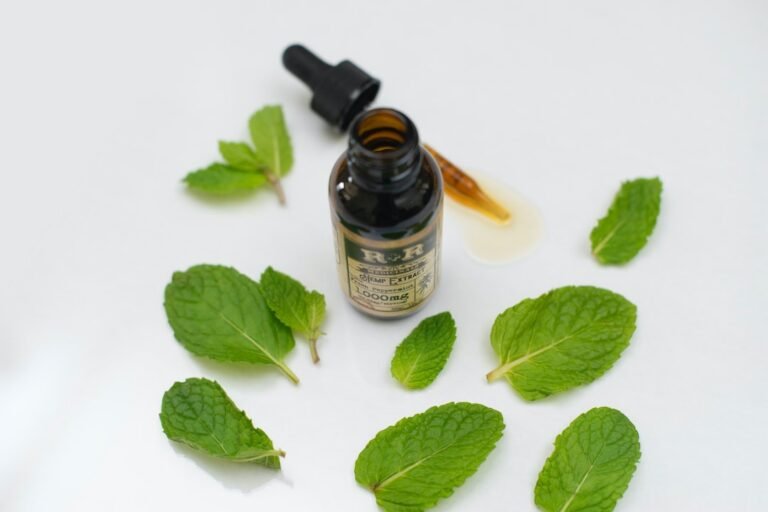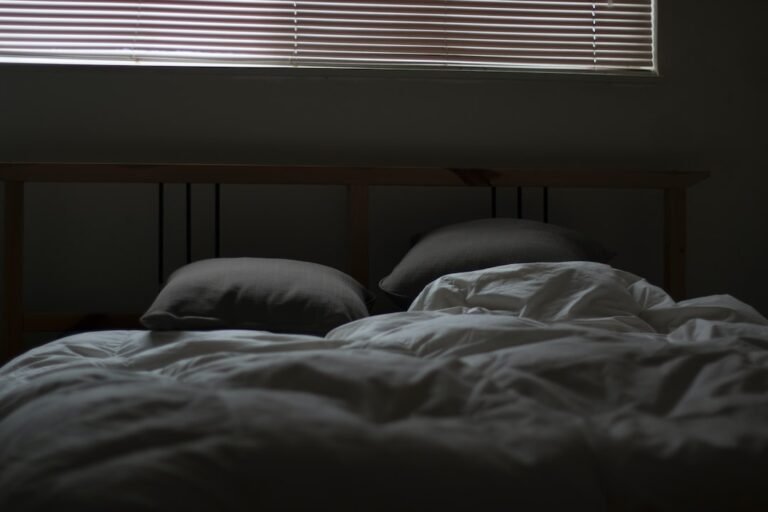10 Natural Sleep Aids to Help You Drift Off into Dreamland
Getting a good night’s sleep is essential for our overall health and well-being. Sleep plays a crucial role in our physical and mental health, and it is important to prioritize it in our daily lives. When we get enough sleep, we experience numerous benefits, including improved mood, increased productivity, enhanced memory and cognitive function, and a strengthened immune system. On the other hand, sleep deprivation can have serious consequences on our health, leading to increased risk of chronic conditions such as obesity, diabetes, heart disease, and even mental health disorders like depression and anxiety.
Chamomile Tea: A Relaxing Drink for Bedtime
Chamomile tea has long been known for its calming effects and is often used as a natural remedy for insomnia. Chamomile contains compounds that bind to certain receptors in the brain, promoting relaxation and reducing anxiety. It also has mild sedative properties that can help induce sleep. To prepare chamomile tea for better sleep, simply steep a chamomile tea bag or dried chamomile flowers in hot water for about 5 minutes. You can add honey or lemon to enhance the flavor if desired. Drink the tea about 30 minutes before bedtime to promote relaxation and prepare your body for sleep.
Lavender: A Soothing Scent for Better Sleep
Lavender is another natural remedy that has been used for centuries to promote relaxation and improve sleep quality. The scent of lavender has been shown to have a calming effect on the nervous system, reducing anxiety and promoting a sense of tranquility. There are several ways to use lavender for better sleep. You can add a few drops of lavender essential oil to a diffuser or spray it on your pillow before bedtime. Alternatively, you can take a warm bath with lavender-scented bath salts or use lavender-scented lotions or creams before bed. Experiment with different methods to find what works best for you.
Melatonin: A Natural Hormone to Regulate Sleep
Melatonin is a hormone that is naturally produced by the body to regulate sleep-wake cycles. It is often referred to as the « sleep hormone » because it helps signal to the body that it is time to sleep. Melatonin levels naturally rise in the evening and remain elevated throughout the night, promoting restful sleep. However, certain factors such as exposure to bright lights, shift work, or jet lag can disrupt melatonin production and lead to sleep disturbances. To naturally increase melatonin levels, it is important to create a sleep-friendly environment by dimming the lights in the evening, avoiding electronic devices before bed, and establishing a consistent bedtime routine.
Valerian Root: A Herbal Remedy for Insomnia
Valerian root is a herbal remedy that has been used for centuries to treat insomnia and promote relaxation. It contains compounds that have sedative and anxiolytic properties, making it an effective natural remedy for sleep disorders. Valerian root can be consumed in various forms, including capsules, tinctures, or teas. It is recommended to take valerian root about an hour before bedtime to allow its effects to kick in. However, it is important to note that valerian root may not be suitable for everyone and can interact with certain medications. It is always best to consult with a healthcare professional before starting any new herbal remedies.
Magnesium: A Mineral for Relaxation and Sleep

Magnesium is an essential mineral that plays a crucial role in our overall health, including sleep regulation. It acts as a natural relaxant, helping to calm the nervous system and promote relaxation. Magnesium deficiency has been linked to insomnia and poor sleep quality. Foods that are high in magnesium include leafy green vegetables, nuts and seeds, whole grains, and legumes. If you are unable to get enough magnesium from your diet alone, you may consider taking a magnesium supplement. However, it is important to consult with a healthcare professional before starting any new supplements.
Passionflower: A Calming Herb for Restful Sleep
Passionflower is a herb that has been used for centuries to promote relaxation and improve sleep quality. It contains compounds that have sedative and anxiolytic effects, making it an effective natural remedy for insomnia and anxiety. Passionflower can be consumed in various forms, including teas, tinctures, or capsules. It is recommended to take passionflower about an hour before bedtime to allow its effects to kick in. However, it is important to note that passionflower may interact with certain medications, so it is best to consult with a healthcare professional before starting any new herbal remedies.
Tart Cherry Juice: A Natural Source of Melatonin
Tart cherry juice is a natural source of melatonin, the hormone that regulates sleep-wake cycles. Drinking tart cherry juice has been shown to increase melatonin levels in the body and improve sleep quality. It also contains antioxidants that can reduce inflammation and promote overall health. To incorporate tart cherry juice into your bedtime routine, simply drink a glass of it about an hour before bed. You can also mix it with chamomile tea or add it to a smoothie for added flavor and benefits.
Exercise: A Healthy Habit for Better Sleep
Regular exercise is not only beneficial for our physical health but also plays a crucial role in improving sleep quality. Engaging in physical activity during the day can help regulate our sleep-wake cycles and promote deeper, more restful sleep at night. Exercise has been shown to reduce symptoms of insomnia and improve overall sleep quality. However, it is important to note that the timing of exercise can also affect sleep. It is best to avoid vigorous exercise close to bedtime, as it can increase alertness and make it harder to fall asleep. Instead, aim to finish your workout at least a few hours before bed to allow your body to wind down.
Mindfulness Meditation: A Practice for Relaxation and Sleep
Mindfulness meditation is a practice that involves focusing on the present moment and cultivating a non-judgmental awareness of our thoughts, feelings, and sensations. It has been shown to have numerous benefits for our mental health, including reducing stress, anxiety, and depression. Mindfulness meditation can also be an effective tool for promoting relaxation and improving sleep quality. By practicing mindfulness meditation before bed, we can calm our minds and prepare our bodies for sleep. There are many different techniques and guided meditations available to help you get started with mindfulness meditation. Find a method that resonates with you and incorporate it into your bedtime routine.
Conclusion:
Getting a good night’s sleep is essential for our overall health and well-being. Incorporating natural remedies into our bedtime routine can help promote relaxation, reduce anxiety, and improve sleep quality. However, it is important to remember that what works for one person may not work for another. It may take some trial and error to find the natural remedies that work best for you. It is also important to consult with a healthcare professional before starting any new herbal remedies or supplements, especially if you are taking medications or have any underlying health conditions. By prioritizing sleep and finding what works best for us individually, we can reap the numerous benefits of a good night’s sleep.







